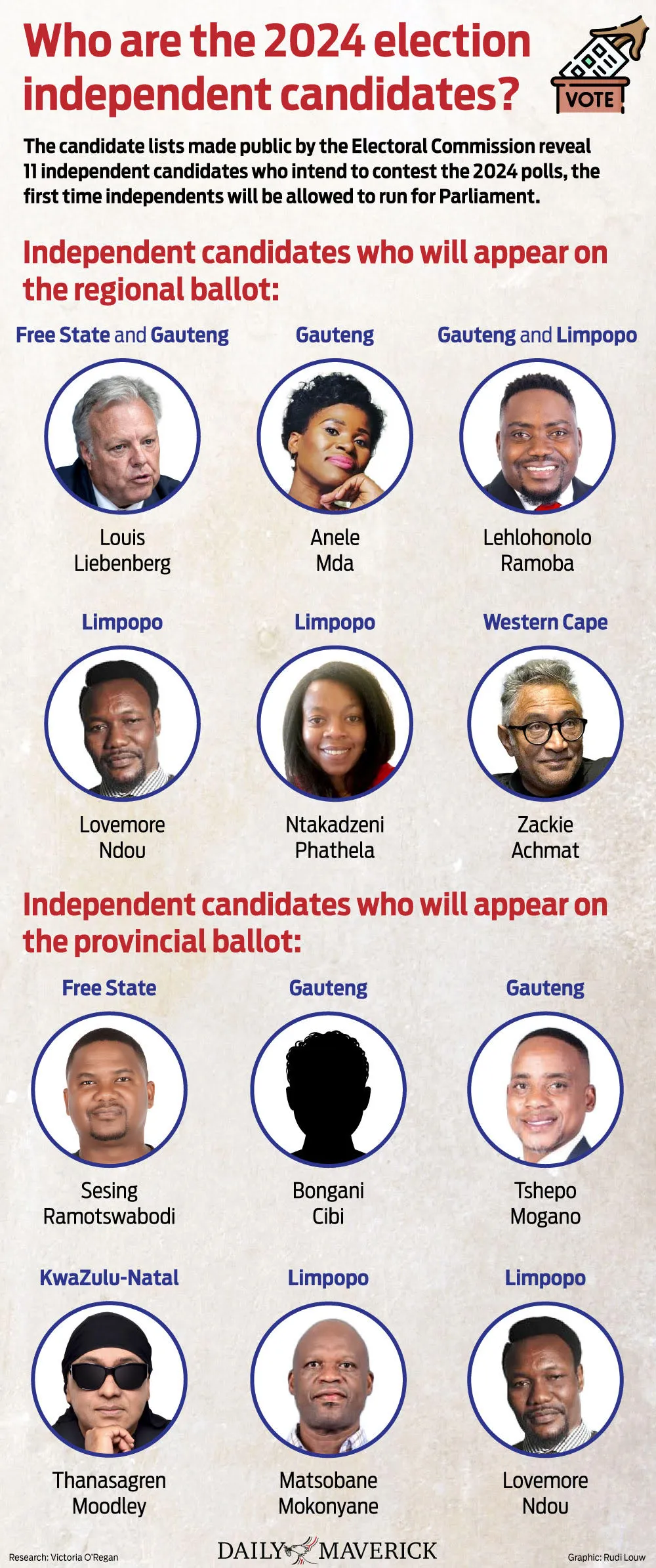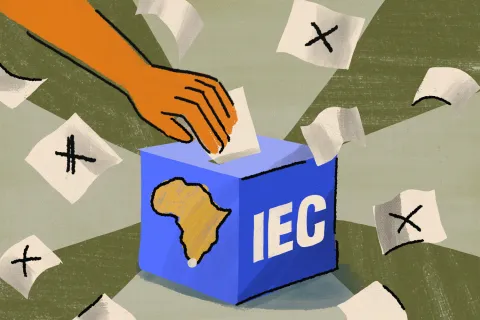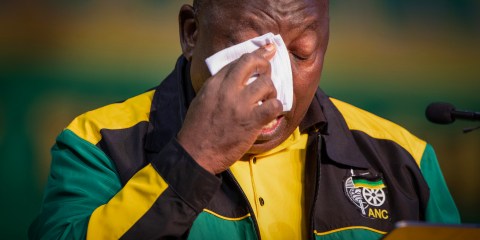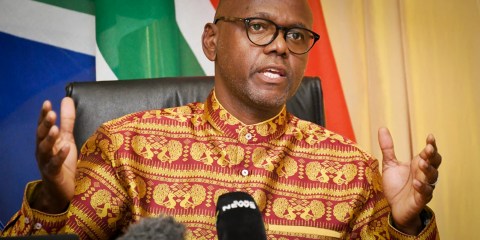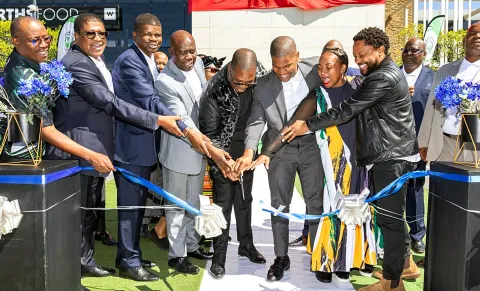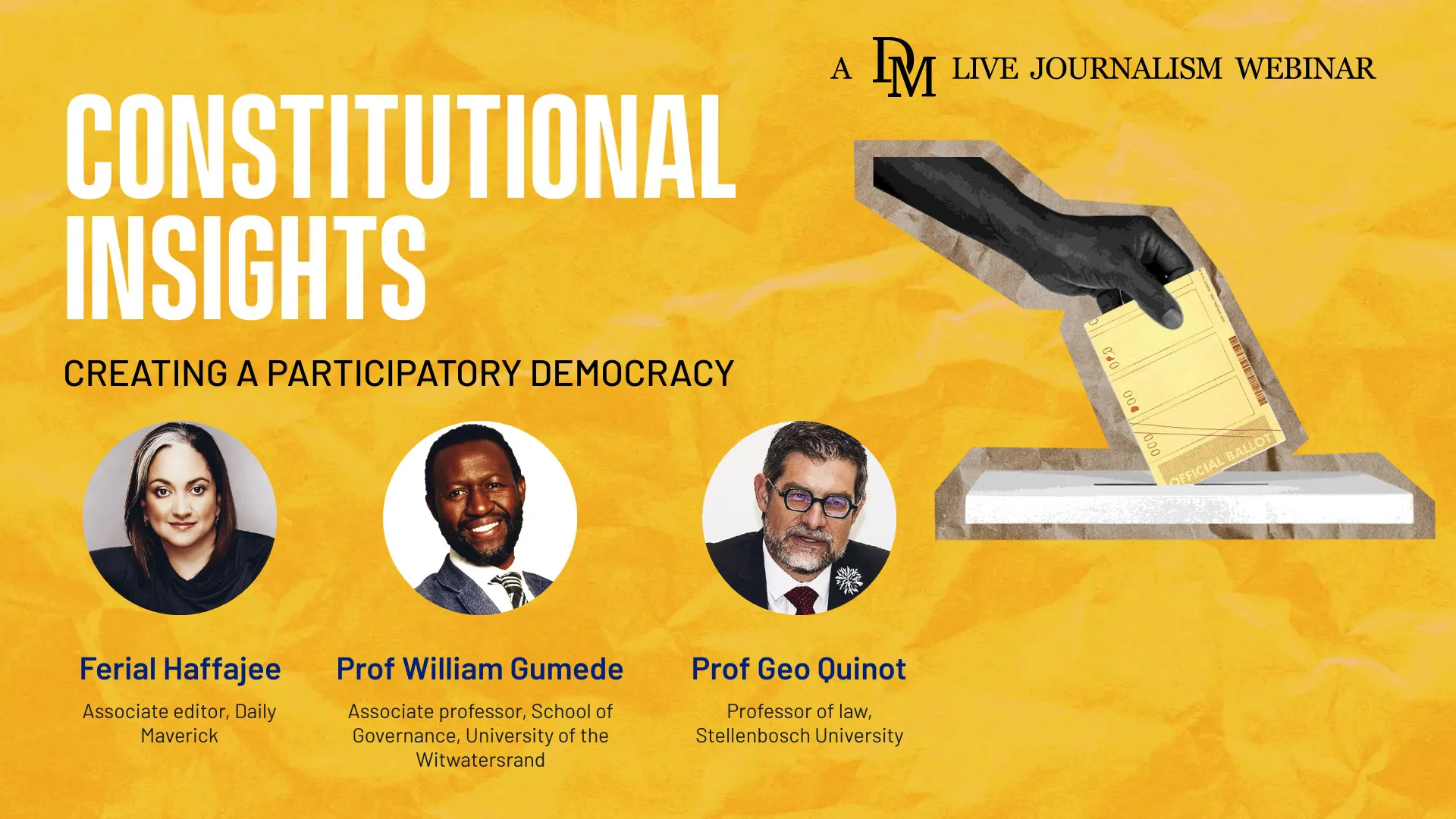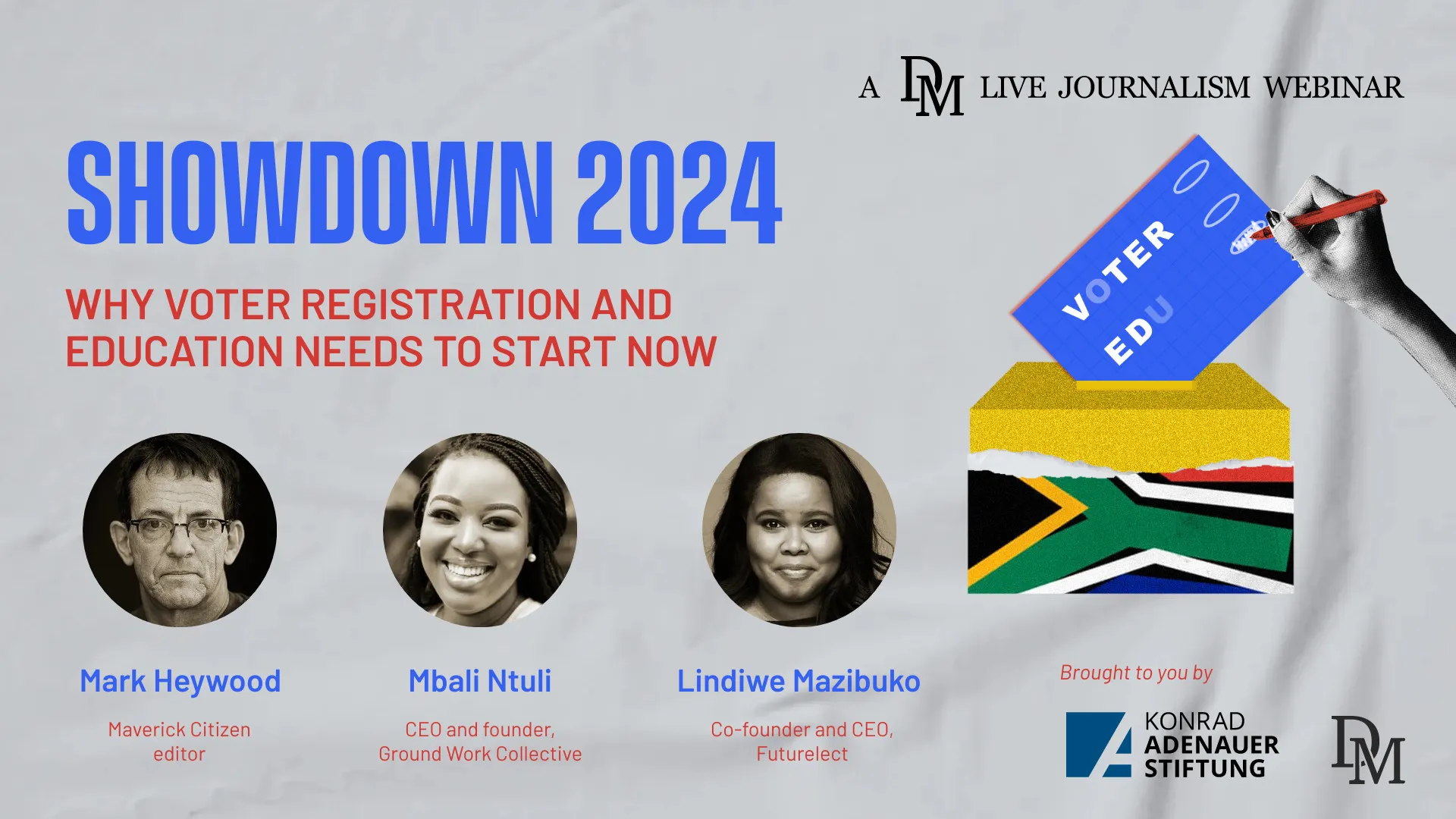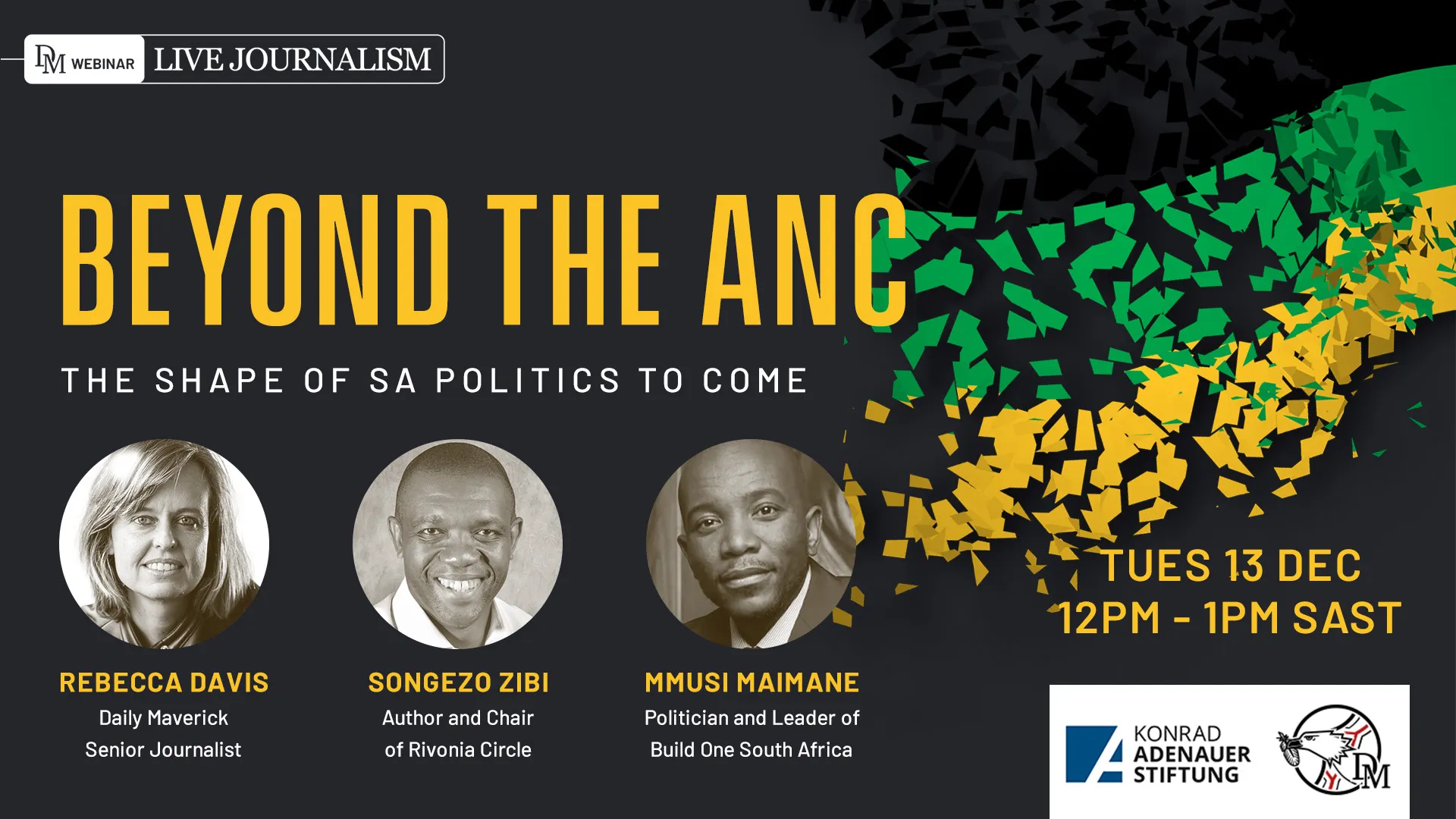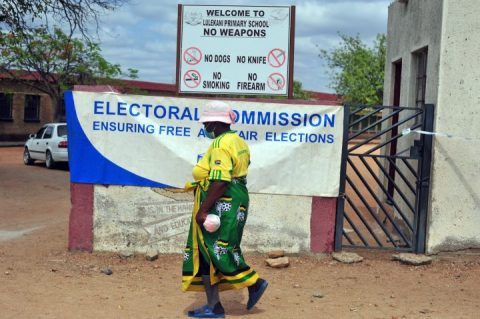
How not to be duped! And PS, people over 60 don’t automatically get special votes
A recent viral message circulated on social media misleadingly claimed that the IEC has permitted people 60 and older to vote before the 29 May polls by applying for a special vote. While the prospect of skipping long queues may be alluring, don’t be fooled. The IEC says that message did not come from the commission. It cautioned against falling prey to election misinformation. Here are some tips about how to prevent that.

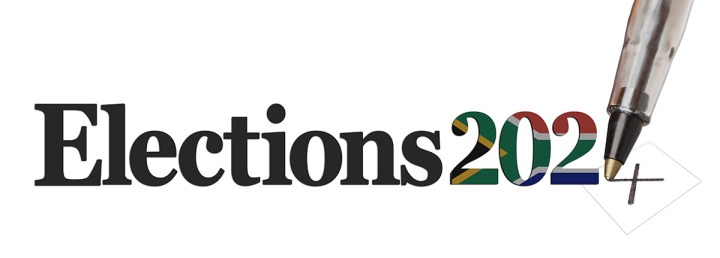


 )
)  Russia.
Russia.